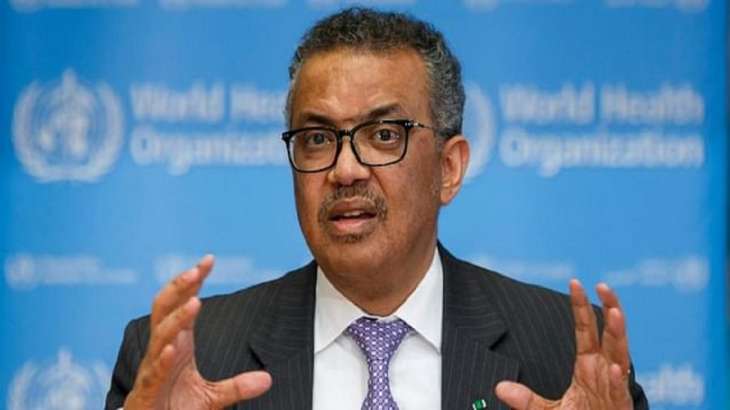
World Health Organization chief Tedros Adhanom Ghebreyesus said on Monday that the coronavirus remains a global health emergency. His statement comes after an advisory panel found that the pandemic may be nearing an ‘inflection point’ where high levels of immunity could reduce virus-related deaths.
Speaking at the opening of WHO’s annual executive board meeting, Ghebreyesus said, “There is no doubt that we are in a much better position now than we were a year ago”. Tedros warned that the virus has killed at least 1,70,000 people in the world in the past eight weeks. Ghebreyesus also called for at-risk groups to be fully vaccinated. He said increasing testing and early use of antivirals, expanding lab network and fighting against “misinformation” about the pandemic could help bring down virus-related cases.
“We hope that in the coming year, the world will transition to a new phase in which we will reduce hospitalizations and deaths to the lowest possible levels,” Ghebreyesus said. The WHO chief’s remarks came in the backdrop of the organisation’s conclusions on the emergency. The committee had pointed out that around 13.1 billion doses of COVID-19 vaccines have been administered in the world so far.
“The committee acknowledged that the COVID-19 pandemic may be reaching an inflection point,” WHO later said in a statement. morbidity and mortality,’ said the committee.
“(b) There is no doubt that this virus will remain a permanently established pathogen in humans and animals for the foreseeable future,” it added. While omicron variants spread easily, there has been ‘a separation between infection and severe disease’ compared to earlier variants.
Committee members said ‘pandemic fatigue’ and a growing public perception that COVID-19 is not as much of a risk as it once was, is causing people to ignore or disregard health measures such as mask-wearing and social distancing.
(with inputs from agencies)
Read this also | Bharat Biotech to launch first Indian intranasal Covid vaccine on Jan 26